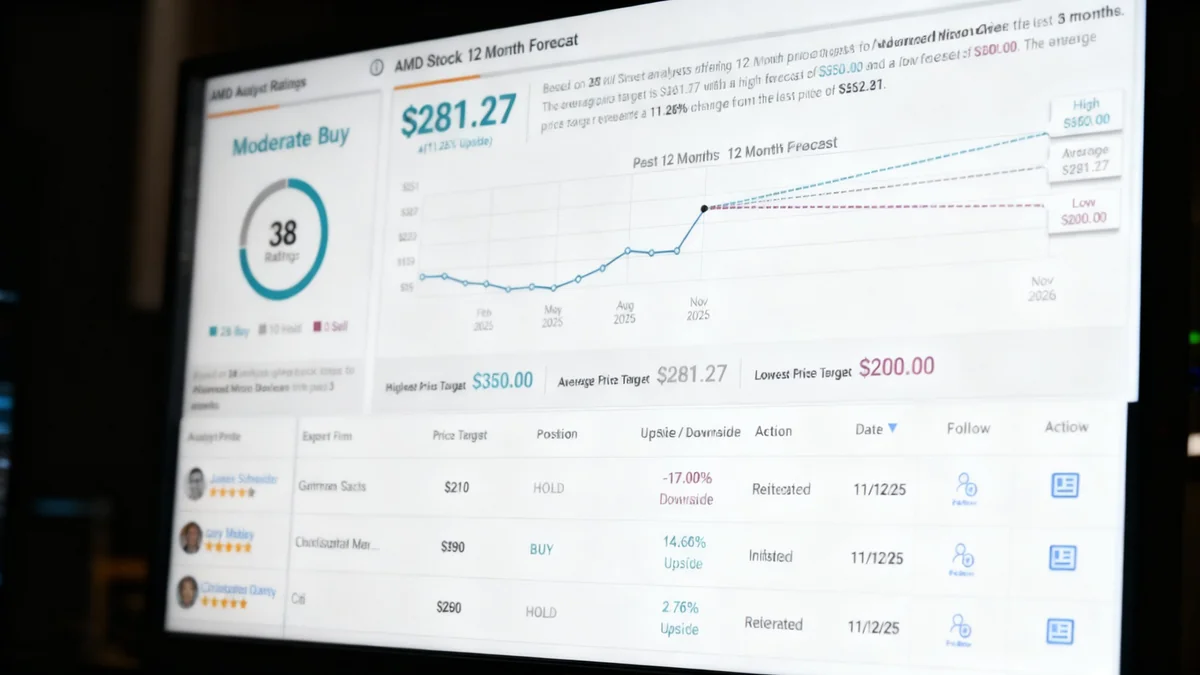Yahoo, as part of a larger brand family, utilizes cookies and personal data across its various platforms. These platforms include Yahoo, AOL, Engadget, In The Know, and Makers. Users have the option to manage their privacy settings and control how their data is used by Yahoo and its partners.
Key Takeaways
- Yahoo uses cookies and personal data across its owned and operated sites.
- Users can opt out of additional data use by clicking "Reject All."
- Privacy settings can be customized through the "Manage Privacy Settings" option.
- Consent can be withdrawn or options changed at any time via privacy links.
- Yahoo's Privacy Policy and Cookie Policy provide detailed information on data handling.
Understanding Yahoo's Data Practices
Yahoo's operations involve the collection and processing of user data. This data is essential for providing various services and personalizing user experiences across its digital properties. The company aims to offer relevant content and advertisements based on user interactions.
The use of cookies is a standard practice across most websites today. These small data files are stored on a user's device. They help websites remember information about visits, such as login details or site preferences. Yahoo uses cookies to enhance functionality and deliver targeted content.
"Our goal is to provide a personalized and relevant experience for our users, which involves understanding their preferences through data," stated a Yahoo representative in an earlier communication regarding data practices.
The Yahoo Brand Family
Yahoo's Digital Ecosystem
The Yahoo brand family encompasses a diverse portfolio of digital properties. These include news, email, entertainment, and technology websites. Each platform contributes to the overall data ecosystem, allowing for a more integrated user experience across services.
- Yahoo: Core search, news, and email services.
- AOL: News, email, and lifestyle content.
- Engadget: Technology news and reviews.
- In The Know: Trending news and entertainment.
- Makers: Content focused on women's empowerment.
This network of sites means that data collected on one platform may inform experiences on another. For example, browsing technology articles on Engadget might influence the ads seen on Yahoo Mail. This interconnected approach is common among large digital media companies.
User Control Over Data and Cookies
Users have clear options to manage their data privacy. Yahoo provides mechanisms to accept or reject certain data processing activities. This control is crucial for individuals who wish to limit the extent of personal data use.
When users first visit a Yahoo property, they are often presented with a consent banner. This banner outlines the use of cookies and personal data. It also offers choices for managing these settings.
Fact: Data Consent Options
Approximately 70% of internet users actively review or adjust privacy settings when prompted, according to recent industry surveys on digital privacy trends. This indicates a growing awareness and desire for control over personal data.
The primary options available to users are:
- Reject All: This option prevents Yahoo and its partners from using cookies and personal data for additional purposes beyond essential site functionality.
- Manage Privacy Settings: This allows for granular control. Users can select specific purposes for data use or particular partners they consent to.
Choosing "Reject All" limits personalized advertising and content recommendations. However, it does not stop all data collection, as some data is necessary for the basic operation of the website. For instance, functional cookies ensure the site loads correctly.
Revoking Consent and Changing Preferences
Users are not locked into their initial choices. Yahoo's platforms include a "Privacy and Cookie Settings" link or a "Privacy Dashboard." These links are typically found in the footer of websites or within account settings.
Clicking these links allows users to: review their current settings, revoke previous consent, or adjust their data preferences. This flexibility aligns with modern data protection regulations, such as the General Data Protection Regulation (GDPR).
The ability to change preferences at any time is a key aspect of user empowerment. It ensures that individuals can adapt their privacy choices as their understanding or comfort level with data sharing evolves.
Yahoo's Privacy and Cookie Policies
For detailed information, Yahoo directs users to its official policies. These documents explain how personal data is collected, processed, stored, and shared. They also detail the types of cookies used and their purposes.
The Privacy Policy provides a comprehensive overview of Yahoo's data handling practices. It covers:
- Types of data collected (e.g., browsing history, location data, device information).
- Purposes of data collection (e.g., personalized ads, service improvement, analytics).
- How data is shared with third parties (e.g., advertisers, data analytics providers).
- User rights regarding their data (e.g., access, correction, deletion).
The Cookie Policy specifically addresses the use of cookies and similar technologies. It explains:
- Different categories of cookies (e.g., strictly necessary, performance, functional, targeting).
- The duration for which cookies remain on a device.
- How users can manage cookies through browser settings.
Reading these policies helps users make informed decisions about their privacy. They clarify the scope of data use and the choices available to individuals. It is important for users to understand these documents to navigate the digital landscape effectively.
Impact of Privacy Choices
The choices users make regarding their privacy settings have a direct impact on their online experience. Opting for stricter privacy settings may result in less personalized content and advertisements. For instance, users might see generic ads instead of those tailored to their interests.
Conversely, allowing broader data use can lead to a more customized experience. This includes receiving content recommendations that align with past browsing behavior or seeing ads for products recently viewed. The trade-off is often between personalization and data privacy.
The digital advertising industry heavily relies on data to deliver targeted campaigns. When users opt out of certain data uses, advertisers may have less information to personalize ads. This can affect the relevance of advertisements seen on Yahoo's platforms and partner sites.
Ultimately, Yahoo provides tools for users to control their data. This empowers individuals to decide the level of personalization and data sharing they are comfortable with across the Yahoo brand family.





